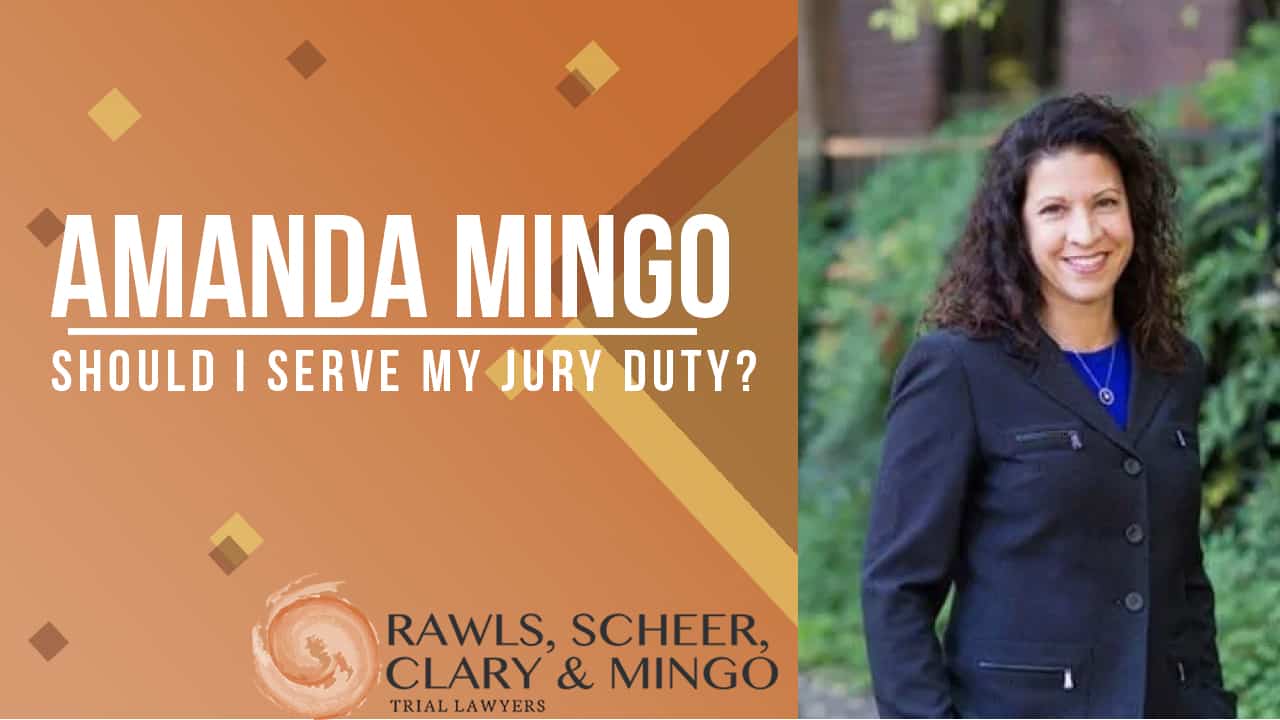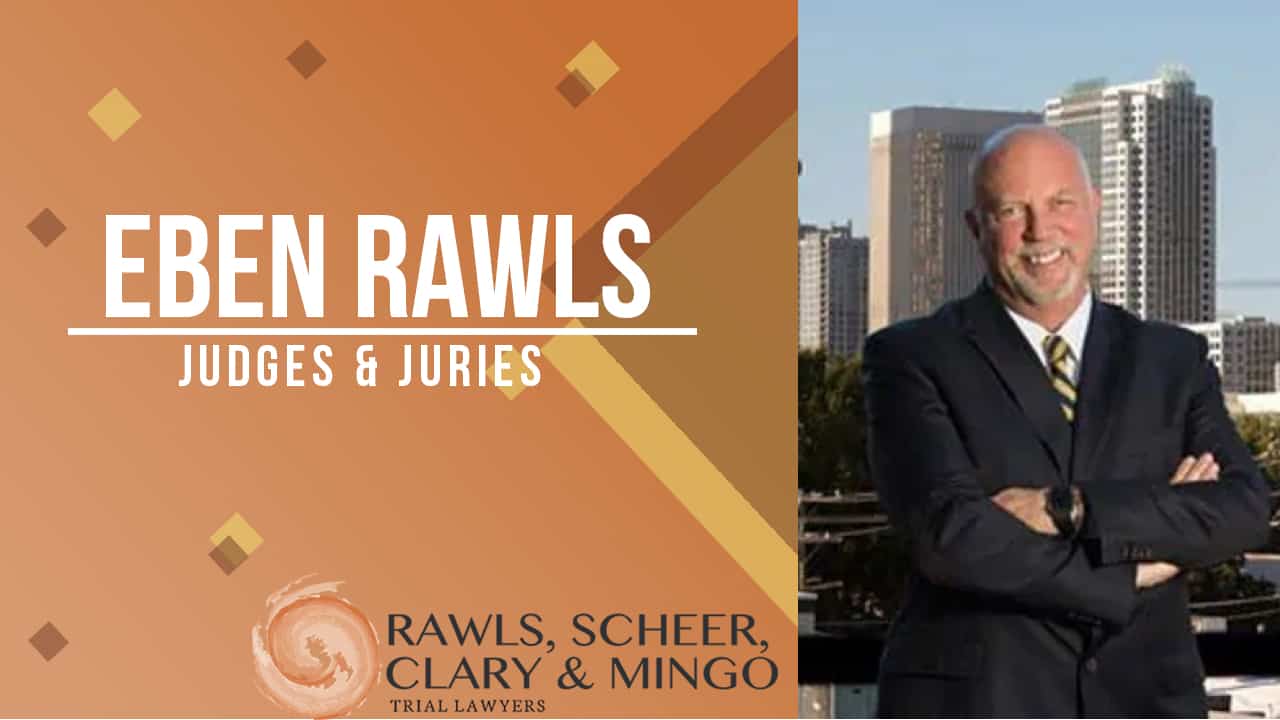Being charged with any crime is frightening and stressful, even more so when it is a federal offense.
If you find yourself facing the possibility of being charged with a crime in federal court, it is best to consult with an experienced federal criminal defense attorney as soon as possible.
Sound legal advice from an experienced federal criminal defense attorney can prevent you from making statements that can be used against you and from taking actions that will harm your case.
Talking to federal agents
Often, federal agents will initiate a “voluntary contact” with a suspect. Typically, this means they contact you at home and invite themselves into your residence. They then try to convince you to talk without having a lawyer present. Because you are not under arrest at the time, there is no requirement that they advise you of your Miranda rights. They will make it sound as though it is in your best interest to speak with them, but everything you say will be used against you later. It is best to firmly tell the agents you will not answer their questions until after you have had the chance to consult with a criminal defense attorney.
You’ve Been Arrested, Now What Happens?
If arrested in a federal case, you are typically taken directly to the courthouse to appear before a federal magistrate judge for an initial appearance, at which time the court will determine what you are going to do about an attorney and will announce when your next court hearing is. If the government recommends your detention, you will stay in jail until your detention hearing about three to five days later. At that next hearing, the judge will hear from both sides and then determine whether you should be released or detained pending trial.
Access to the Evidence
Soon after the case begins, the government makes “discovery” available to the defense. Discovery is comprised of police reports, witness statements, and other documents tending to establish the case against you. You and your attorney would carefully review the discovery. Your attorney would then provide you with his/her opinion of the strength of the government’s case. It then becomes your decision whether to accept whatever plea agreement has been offered or to reject it and proceed to trial. If a plea agreement is entered into, a hearing is held where the guilty plea is entered and then the case moves towards a sentencing hearing at a later date. If no plea agreement is reached, and you are fighting the charges, the case would eventually proceed to a trial before a jury.
Jury Trial
A jury trial in federal court is very similar to one in state superior court. You are presumed innocent and the prosecution bears the burden of proving your guilt beyond a reasonable doubt. For you to be convicted of a charge, all 12 jurors must unanimously be convinced of your guilt beyond a reasonable doubt. If all jurors agree that reasonable doubt exists, they must find you not guilty.
When do I need an Attorney?
It is always best to request an attorney at the earliest hint of federal charges. Being represented by an experienced federal criminal defense attorney can make the difference between prison and freedom. To learn more about the things that you should do if suspected of a federal crime, be sure to contact us today.



